Leadership

UMCES Leadership
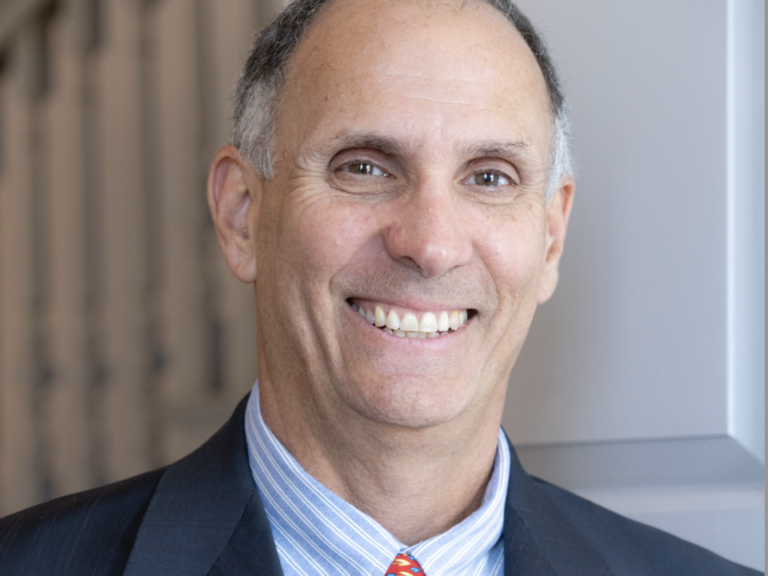
Fernando Miralles-Wilhelm
“UMCES’s 100-year legacy exemplifies the transformative power of science to address the world’s greatest environmental challenges,” said President Fernando Miralles-Wilhelm, whose distinguished 30-year career spans academia, the private sector, and global development. “As we celebrate this milestone, we honor a century of discovery and impact while looking ahead with determination to advance environmental science and create sustainable solutions for generations to come.”
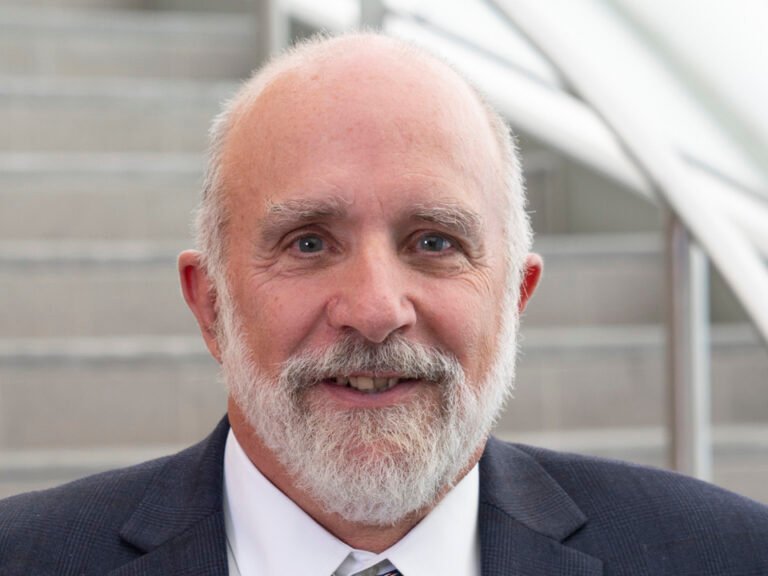
Bill Dennison
“The UMCES centennial fills me with pride in being part of a tradition of high-quality science that drives effective environmental stewardship, especially for the iconic Chesapeake Bay. Reflecting on our founders, I see my generation standing on the shoulders of giants. As the founder of the Integration and Application Network (2002), I’ve witnessed its local and global impact through science communication, socio-environmental report cards, and stakeholder engagement. This milestone inspires us to accelerate learnings from Chesapeake Bay and develop strategies to empower others worldwide to address complex socio-environmental challenges and reverse environmental degradation.”
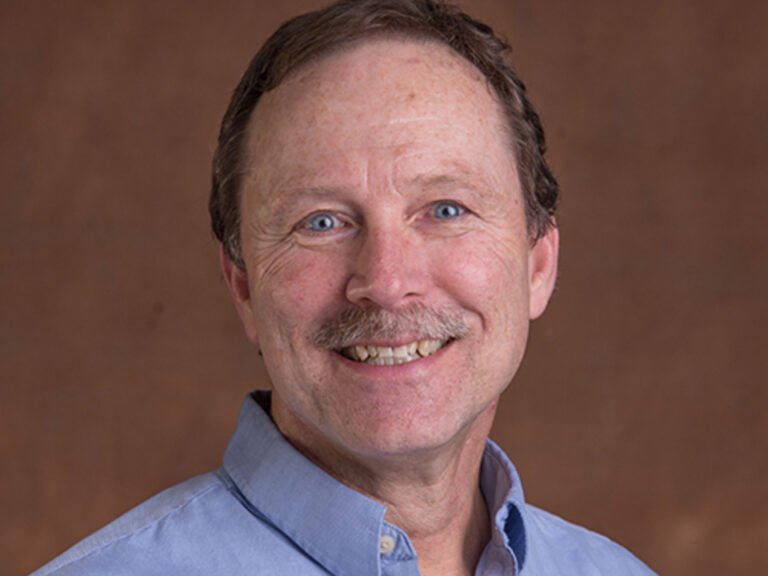
Lawrence Sandford
“Education has been at the heart of UMCES from the very beginning. Over the past century, nearly 1,000 graduate degrees have been earned by students working with UMCES advisors. From hosting visiting student researchers at Chesapeake Biological Laboratory in our earliest days to co-founding the Marine, Estuarine, and Environmental Sciences program in 1972, and earning accreditation to grant MS and PhD degrees in 2016, our commitment to education has only grown. With a rich tradition of summer internships and ever-expanding programs that deliver greater value to Maryland’s citizens, UMCES is poised for an even brighter second century.”
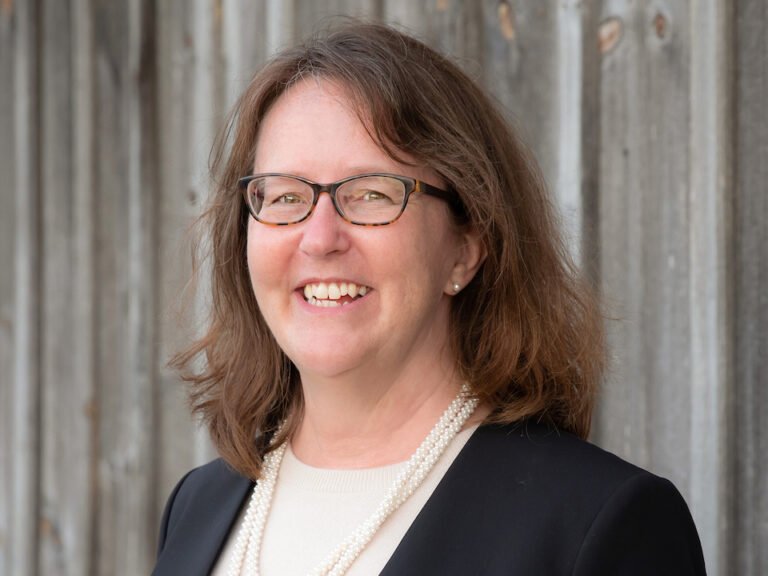
Lois Colaprete
“UMCES thrives in partnership with the people of Maryland and beyond. The university has been fortunate, throughout its history, to inspire support from a thoughtful public who understand the value of scientific inquiry in preserving the world that they love. And over the 100 years, as awareness of the urgency of the challenges grew, the commitment of UMCES supporters grew in kind. So, our centennial celebration is a testament to the enduring power of these meaningful partnerships.”
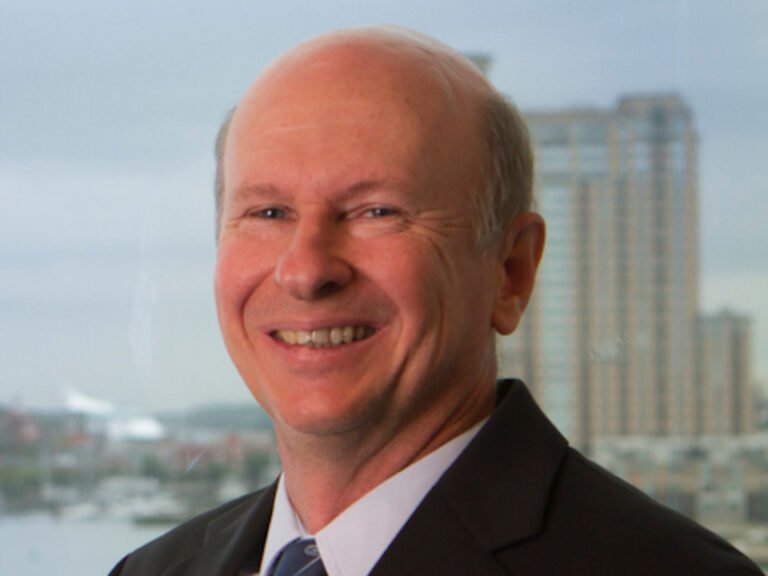
Russell Hill
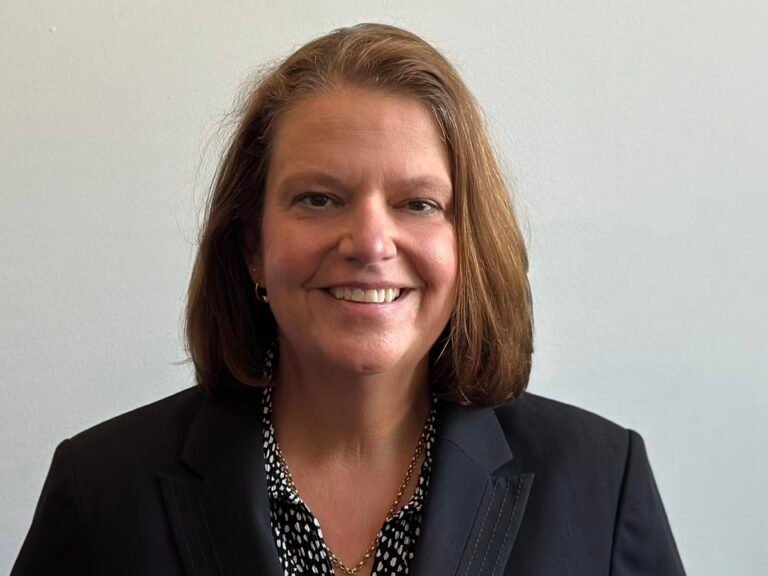
Carys Mitchelmore
“Chesapeake Biological Laboratory, UMCES’s founding laboratory, has spent 100 years advancing solutions to protect natural resources locally and globally. Visionary founder Dr. Reginald Truitt recognized the interconnectedness of water quality and living organisms in sustaining the Bay’s health. Today, we build on this legacy by studying ecosystems, educating future scientists, and collaborating with communities and leaders to safeguard our environment.”
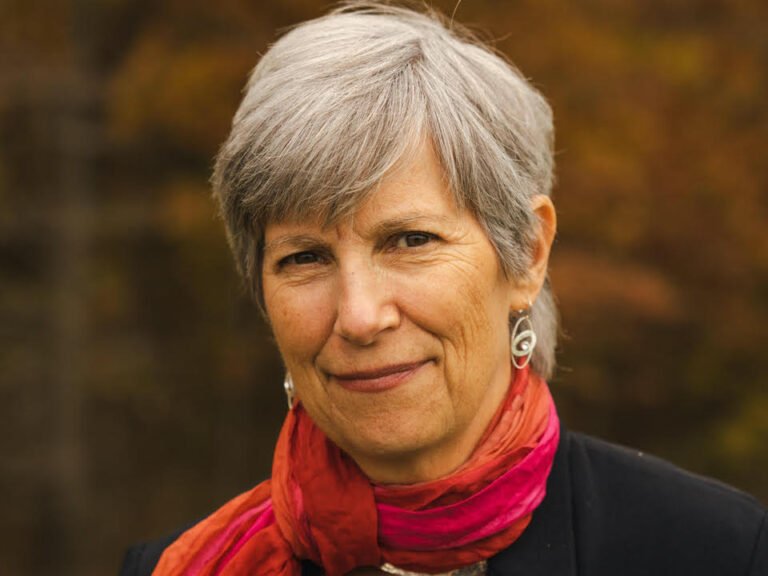
Frederika Moser
“We are proud to celebrate 100 years of advancing locally and regionally outstanding research in coastal and marine science. Maryland Sea Grant is honored to be part of UMCES as we collectively work toward a more sustainable and resilient future for Maryland’s coastal resources and economy. Maryland Sea Grant complement’s UMCES work providing special expertise in research funding and administration, community engagement, workforce development, and science translation.”
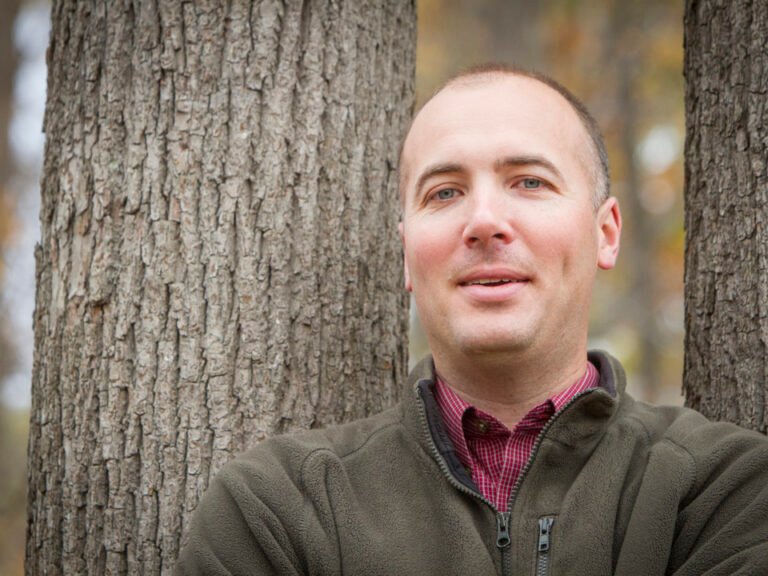
Dave Nelson
“The Centennial is a testament to the remarkable commitment of multiple generations of UMCES’s scientists to solving society’s most pressing environmental challenges. The Appalachian Laboratory has contributed to UMCES’s success through studies with local to global impact on topics including air and water quality, agriculture and forest health, and wildlife and fisheries sustainability. Our work remains as important as ever, and the Centennial motivates us to further commit to find solutions to the profound far reaching environmental issues that humanity faces. Happy birthday, UMCES!”

Michael Sieracki
“The centennial is a moment to reflect on our past impact and to look ahead. Horn Point Laboratory has been an integral part of UMCES for more than half its history. The research at Horn Point has been critical to UMCES’s successes in protecting the Chesapeake Bay, and ecosystems around the globe. Our research has answered many questions over the decades, and those answers have led to solutions addressing critical environmental challenges. But scientific inquiry also generates many more questions! And those questions continue to be the focus of our scientists and our students who will go on in pursuit of knowledge as yet more questions unfold. When our students launch their careers, they join a rich heritage of scientists who seek and find and seek some more. And that is the vision for the future of this work: waves of curious, dedicated minds joining the field to contribute innovative solutions and spur new questions for the waves that follow.”
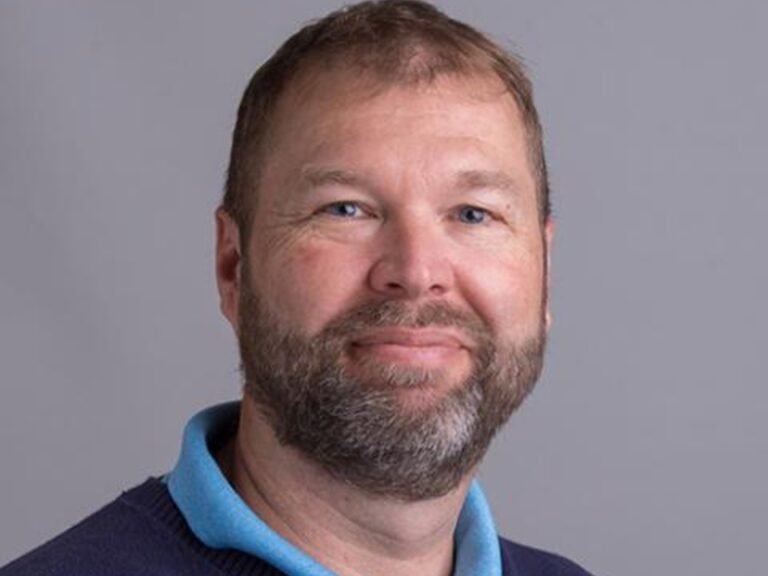
Heath Kelsey
Director
“Imagine Maryland and Chesapeake Bay without the groundbreaking science and discoveries that UMCES has delivered over the past century—it is unthinkable. For nearly 25 years, the Integration and Application Network has turned science into action, forging pathways to sustainable futures in Maryland, across the nation, and around the globe. Now, as we step boldly into our next century, we are energized to empower communities and drive transformative change for a more resilient and sustainable society in a rapidly changing world.”






